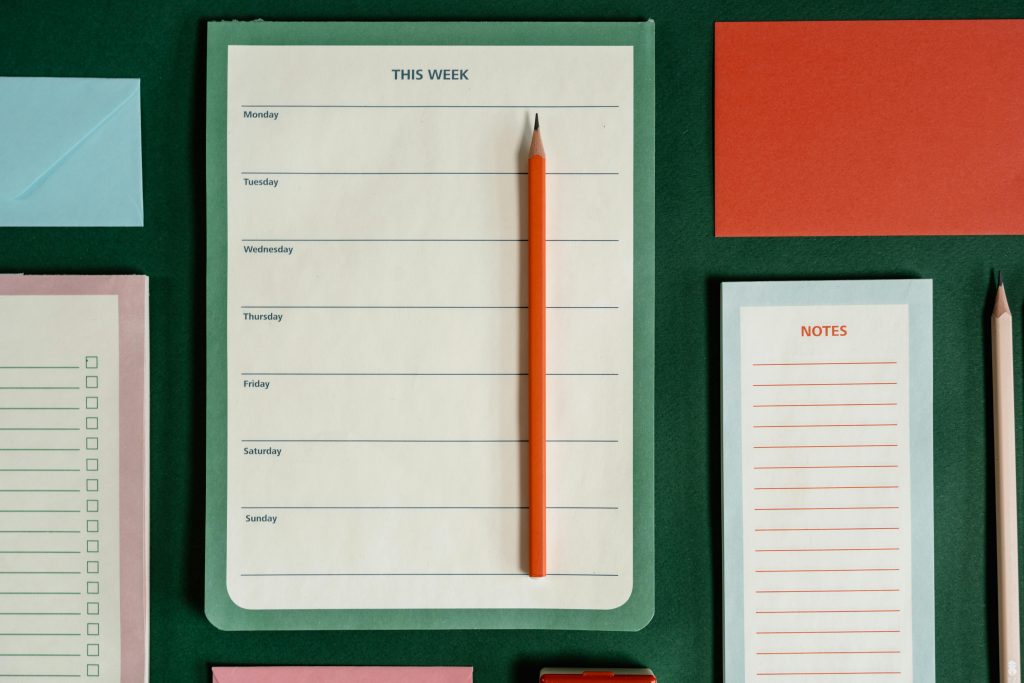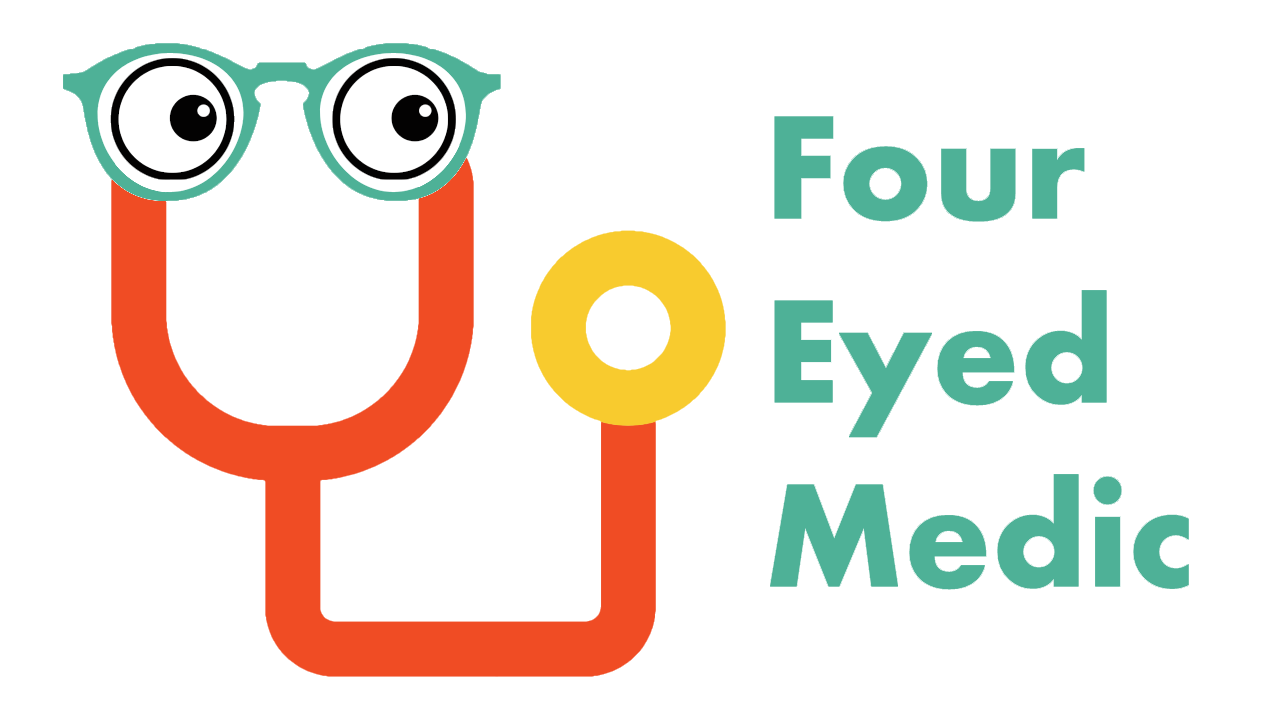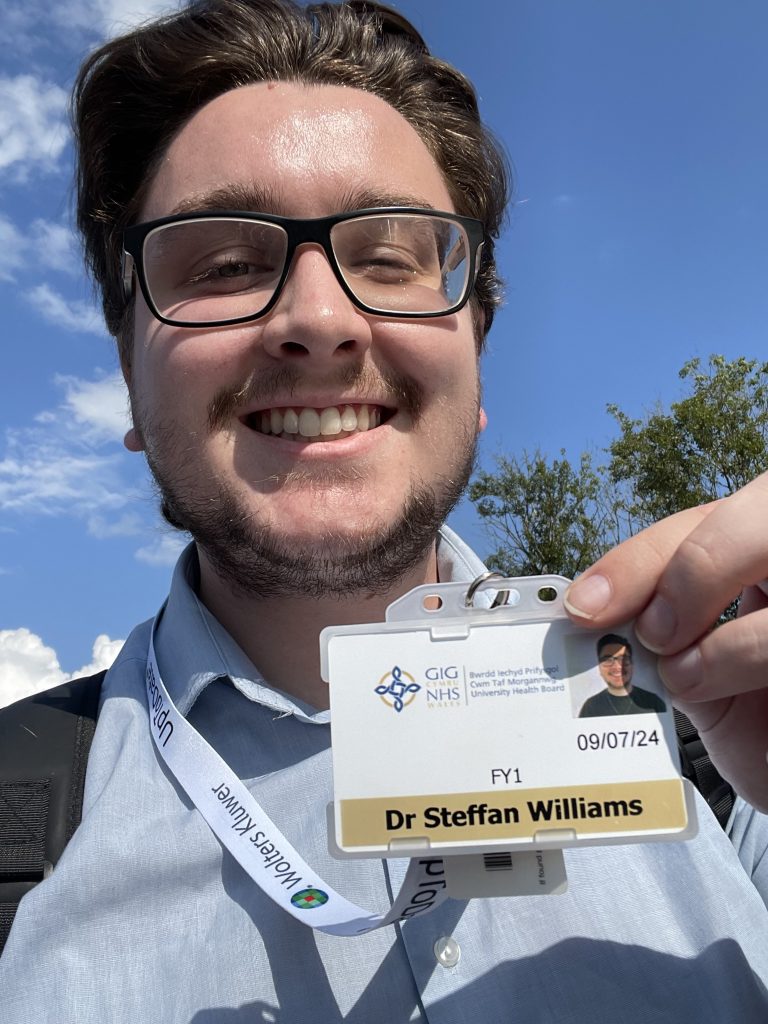New title, new responsibilities
Well it’s now officially official, I’ve finally started my job as an F1 doctor! After many years of placements, exams and tears at university, I now have the pleasure of being paid to do more placements, exams and of course, producing more tears.
However, it’s not all bad! This is, after all, a job I have wanted to do since I was a teenager and have worked bloody hard to achieve. It certainly is a big jump from being a student, but it’s a jump I’ve spent the last 5 years practicing.
I still haven’t quite gotten used to being ‘the doctor’. In fact, I still feel a little out of my depth. This has been especially apparent when I’ve been performing tasks I would have previously been supervised for. Even the smallest of things like signing a prescription by myself, or signing off a discharge letter. It feels very strange to be the person who has their signature and name on such things. I imagine it will take some getting used to, and that I will continue to feel out of my depth. But that is the beauty of medicine, you are part of a team, and someone can always help.

Lessons learned so far…
So other than learning to deal with my new responsibilities, I have learnt some very important lessons. So important, I thought I would share them with you!
- It is okay to ask for help
I think this one is something you learn with experience. I remember being in third year of med school and being scared of asking for help. I genuinely thought that simply asking would make me look stupid, or even worse, incompetent. This is, however, not at all the case.
Asking for help is essential. Especially to ensure that you are competent! It is still a lesson I am learning to be comfortable with, but asking for help has meant I can provide the best care for patients. It has also meant I have been able to go home on time, which is a big plus, especially in surgery!
- It is okay to NOT be the smartest person in the room (or on the ward)
I feel like this is something medicine is inherently bad at teaching. From being told you have to achieve the best grades, ranking you against your peers, and of course the public perception of doctors. There’s no wonder why medics are ridiculously competitive! This obviously does have some perks, like being strangely skilful at monopoly. However, it also has quite a few drawbacks.
In my time at med school, I met a lot of medics. I still do meet a lot of medics in my day-to-day life (we’re like a cesspool of magnets). And we all have one thing in common: we’re incredibly competitive. This means we like to think that we’re the smartest people in the room. And yes, we do have a lot of knowledge, but that doesn’t mean others have less!
Just like a good pub quiz team, you need breadth of knowledge. If you asked me to analyse an arterial blood gas, I would basically be salivating at the chance (I love a blood gas). However, if you asked me to manage a vacuum dressing on a wound, or to perform a stairs assessment on a stroke patient, or to make a decision about a patient’s dietary requirements in their TPN – I wouldn’t know where to start.
That doesn’t mean I’m stupid. It doesn’t even mean that I’m a bad doctor. What it does mean, is that there are multiple cogs in the beautiful wheel of healthcare, known as the MDT – and every cog is incredibly important.
So don’t act like the smartest person in the room, because you’re not. But that doesn’t mean you’re useless. You are a valuable member of that MDT, as is everyone else. It’s a difficult pill to swallow (pun intended) for a group of people who feel they need to be the best. But it’s a very important one. So accept that you don’t know everything. Be nice, be grateful and learn from your colleagues.
- Know your limits and don’t be afraid of saying “I don’t know”
Medical school will teach you a whole load of things. Some very unexpected things like Latin names of bones and muscle. Some more expected things such as how to resuscitate a person on the verge of death. However, one lesson you will learn, and often brush off, is knowing that it is okay to not know.
Just because you have a fancy title and a lot of letters after your name, doesn’t mean you have to know the answer to everything. It is okay, and encouraged, to admit when you don’t know something. Not doing so, doesn’t make you a better doctor, it makes you a dangerous one.
An example for you: I was the only doctor on the ward, and a patient needed a Ryles tube inserted. Now, I am one of those strange people who like intensive medicine. Cannulas, central lines, chest drains: they appear in my dreams. So another tube, I must have been jumping at the chance! Right?
Well, no. This was a tube I was unfamiliar with. I had seen patients who had them. I even knew what they were for. But I had never seen one inserted and I had no idea how to do it.
So instead of pretending, instead of being a macho doctor, I swallowed my pride and said to the nurse “I have absolutely no idea how to do that”. The nurse did not laugh at me, nor did they gasp in shock. They did however, ask me if I could contact someone who did know.
And that is exactly what I did. I contacted my senior, admitted my inexperience and they arrived on the ward like my knight in shining pyjamas/scrubs. They then took this opportunity to teach me how to do it. Later on that day, they then assisted me to do it.
So why is it important to admit ignorance? Because without doing so, you won’t learn, and even worse you will harm patients.

Moving forward…
These are only a few of the many, many lessons I have learnt in my first week (and a bit) as a proper doctor. However, I think these are some of the most important.
Next week, I will be going back to the wards. I will probably write far too many discharge letters for my own sanity. I may start dreaming about Ryles tubes. I will still be a very new doctor. But with these lessons, I will be a safe, and hopefully, a good doctor.
I hope you enjoyed reading! Let me know your thoughts below in the comments.
Diolch, Dr Steff


Wow! So insightful on life as a new doctor. I wish you all the best of luck!